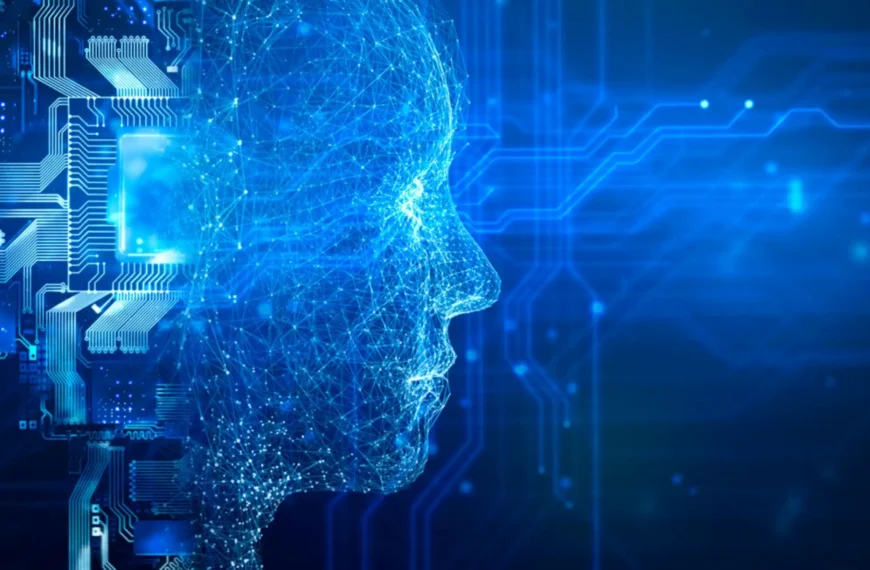Artificial intelligence (AI) has transformed many industries, and healthcare is no exception. From AI-powered diagnostic tools to predictive analytics, technology is increasingly playing a role in how patients are treated. From a study published by pafikutaikab.org yet, despite these advancements, medical experts emphasize that doctors remain the backbone of patient care, providing judgment, empathy, and ethical decision-making that machines cannot replicate.
AI’s Growing Role in Healthcare
AI systems are now capable of analyzing medical images with remarkable accuracy, identifying potential tumors or abnormalities that even experienced radiologists might miss. Machine learning algorithms can also predict patient risks, streamline hospital operations, and even suggest personalized treatment plans.
These developments have sparked discussions about whether AI could one day replace doctors. However, healthcare professionals stress that AI should be seen as an assistant, not a replacement.
“AI can process data faster than any human, but it doesn’t understand the complexities of human emotion, context, or ethics,” explained Dr. Ahmad Fadli, a specialist in internal medicine. “Medicine is not just about treating disease—it’s about treating people.”
The Irreplaceable Role of Doctors
While AI excels at pattern recognition and data analysis, doctors provide something machines cannot: human connection. Patients often need reassurance, compassion, and clear communication when dealing with illness.
For example, delivering a cancer diagnosis requires sensitivity and empathy, qualities that no algorithm can truly offer. Similarly, discussing treatment options involves understanding a patient’s values, cultural background, and emotional readiness—factors that go beyond medical data.
Doctors also play a critical role in making ethical decisions. In complex cases, such as end-of-life care, the right choice often requires balancing medical knowledge with moral considerations, family input, and the patient’s wishes.
See also: How To Celebrate Your Amazing Achievement in Kathmandu
Collaboration Between AI and Doctors
Rather than viewing AI as competition, many experts see it as a tool to enhance medical practice. By handling repetitive tasks—such as analyzing scans or processing lab results—AI can free up doctors’ time, allowing them to focus more on patient interaction.
“Think of AI as a supportive colleague,” said Dr. Ahmad. “It helps reduce human error and speeds up decision-making, but the final responsibility always lies with the physician.”
This partnership could also improve healthcare accessibility, especially in rural areas where doctors are scarce. Remote AI tools can assist with initial diagnoses, while doctors provide oversight and treatment planning.
Addressing Patient Concerns
Despite the potential benefits, patients often express concerns about privacy, data security, and the impersonality of AI-driven healthcare. Experts stress that maintaining trust in the doctor-patient relationship is crucial. Clear communication about how AI tools are used—and ensuring that doctors remain central in decision-making—can help ease these fears.
AI is reshaping healthcare, but it cannot replace the human qualities that doctors bring to the table. Empathy, communication, and ethical judgment remain fundamental to patient care.
As Dr. Ahmad concluded, “AI may be the future of medicine, but doctors will always be its heart.”
















